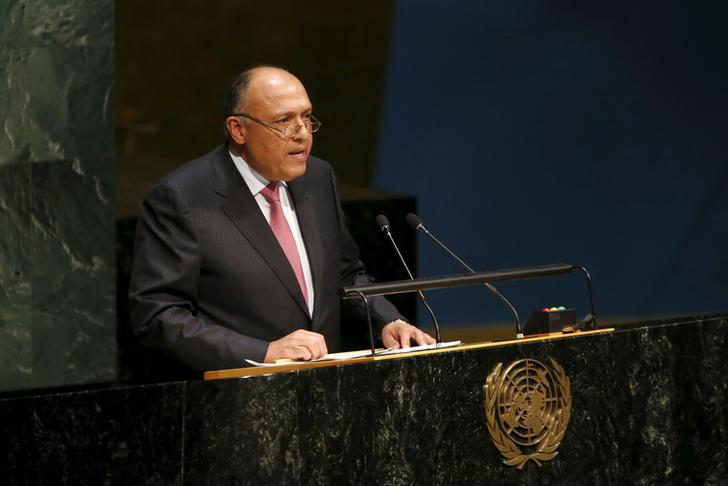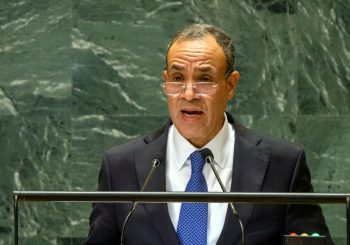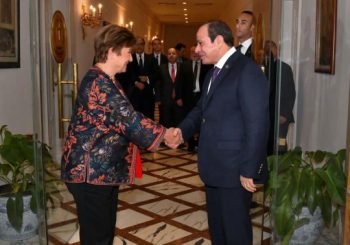The U.S. said states, particularly Egypt set “unrealistic” conditions at a United Nations conference, while Egypt accused the U.S. and other delegations of deliberately trying to “hinder” efforts to create a nuclear-free zone in the Middle East.
The tensions come after Egypt was adamant about reaching a regional, legally binding agreement to create a nuclear-free zone that all Middle East states must abide by. According to liberal Israeli newspaper Haaretz, Israel objected to a proposed deadline for a regional conference.
The UN’s Non-Proliferation Treaty, a treaty that came into effect in 1970 to prevent the “wider dissemination of nuclear weapons,” is reviewed at five-year intervals.
This year’s NPT review conference ran from April 27 to May 22 and like several previous conferences, it did not reach consensus on a final declaration to create a nuclear-free zone in the Middle East.
Egypt has long been vocal about calls for a nuclear-free Middle East, as per a 1995 resolution passed during a review and extension conference of the NPT. It led efforts to rally Arab states behind a proposal presented at this year’s review conference in what was often described as the “Arab document”.
This proposal called on U.N. Secretary General Ban Ki-moon to call for a conference within six months of the end of the review conference and to invite all Middle East countries to participate “without an exception”, according an Egyptian Foreign Ministry statement released earlier this month.
The 1995 resolution called upon all states in the Middle East to establish “an effectively verifiable Middle East zone free of weapons of mass destruction, nuclear, chemical and biological…”
While Egypt is a signatory to the NPT and has eventually ratified it in 1981, Israel has neither signed the treaty, nor is it a state party to the NPT.
The lack of consensus on the final declaration to this year’s review conference came after the U.S., the United Kingdom and Canada blocked it.
An Israeli official told Reuters on Saturday that Israeli Prime Minister Benjamin Netanyahu thanked Kerry for blocking the final declaration. Netanyahu also reportedly thanked Britain and Canada for taking a similar stance.
Israel neither confirms nor denies its possession of weapons of mass destruction.
At the conclusion of the review conference, Rose Gottemoeller, the U.S. Under Secretary for Arms Control and International Security named Egypt among other states that “were not willing to let go of these unrealistic and unworkable conditions included in the draft text,” as per remarks published on the State Department’s website.
Gottemoeller said the language related to the proposed regional conference “set an arbitrary deadline” and “did not allow for consensus discussions” among Middle Easter countries.
Gottemoeller cited Kerry when he spoke at the opening of the conference, noting that the U.S. is “firmly committed” to the proposed conference, “provided that the terms for the conference would be agreed to by all regional states.”
“We regret that we were not able to support the draft consensus,” Gottemoeller said.
But Egypt sees the U.S. position as “unjustifiable”, an anonymous Egyptian official told the state news agency MENA. The official accused the U.S., British and Canadian delegations of rejecting the declaration because of the section on the nuclear-free Middle East zone.






Comments (4)
[…] has raised tensions in the UN by trying to reach a regional, legally binding agreement to create a nuclear-free zone that all Middle East states must abide by, including […]
Disgusting that the USA, Canada and UK front for the Israeli nuclear arsenal, which is a source of instability.